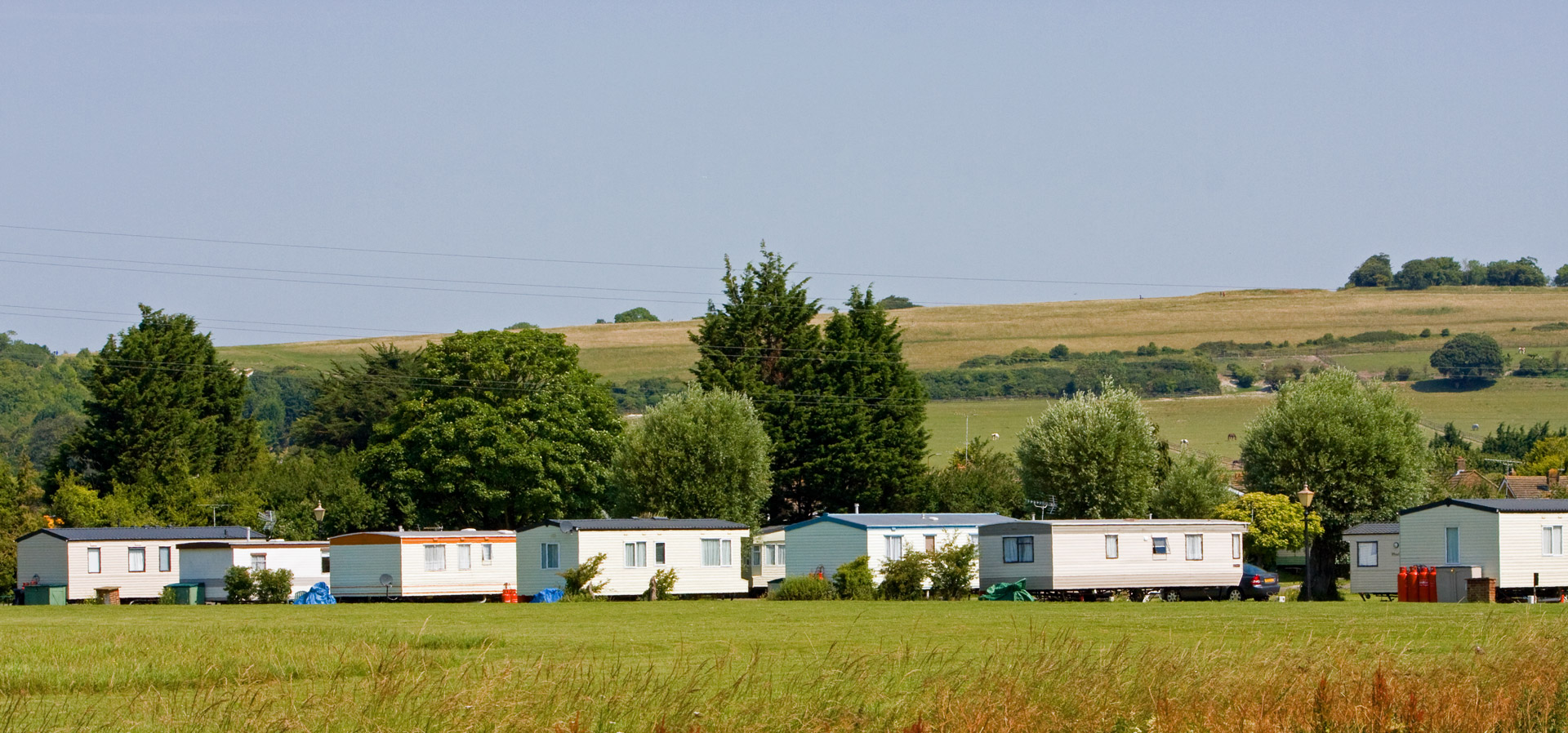As more and more people seek affordable and flexible housing options, mobile homes have emerged as the way of the future. These mobile residences, also known as trailer homes and commonly referred to as "Belmont mobile homes," provide a practical and cost-effective solution for individuals and families alike. Offering the freedom to relocate and the potential for homeownership, mobile homes have undergone significant advancements in recent years, transforming them into comfortable and modern living spaces. In this article, we will explore the growing popularity of mobile homes and delve into the benefits they bring to those seeking an affordable and adaptable lifestyle. So, let’s embark on a journey to discover the exciting world of mobile homes!
Benefits of Mobile Homes
Mobile homes offer numerous benefits that make them an attractive option for affordable living. Whether used as permanent residences or vacation homes, these are some of the advantages of choosing a mobile home.
-
Affordability: One of the most appealing aspects of mobile homes is their affordability. Compared to traditional houses, mobile homes are generally more cost-effective, making them an excellent choice for individuals or families on a budget. The lower price tag allows homeowners to allocate their financial resources in other areas, such as education, healthcare, or leisure activities.
-
Flexibility: Unlike traditional houses, mobile homes provide a high level of flexibility. This means that individuals can easily relocate and take their homes with them if the need arises. This flexibility is particularly beneficial for people who frequently change jobs or enjoy exploring different areas. Additionally, mobile homes offer the opportunity to live in communities tailored to specific lifestyles and interests, providing a sense of belonging and community.
-
Customization: Mobile homes offer a wide range of customization options. From floor plans and interior designs to energy-efficient features, homeowners can personalize their mobile homes to suit their needs and preferences. This ability to customize allows individuals to create a space that truly reflects their personality and style, making it feel like home.
In conclusion, mobile homes present several advantages that make them an appealing choice for affordable living. The affordability, flexibility, and customization opportunities they offer make mobile homes a viable and attractive housing option for many individuals and families.
Challenges and Solutions
1. Financing and Affordability
One of the main challenges faced in the mobile home industry is securing financing and ensuring affordability for potential homeowners. Traditional lenders often view mobile homes as higher risk investments compared to traditional houses, which can make it difficult to obtain loans with favorable terms. Additionally, the cost of purchasing mobile homes, especially newer models, can still be a significant financial burden for many individuals or families seeking affordable housing solutions.
To overcome these challenges, some mobile home manufacturers and community developers have started offering in-house financing options and lease-to-own programs. These initiatives aim to make mobile homes more accessible by providing flexible payment plans and lower down payment requirements. Moreover, government-backed loan programs, such as those administered by the Federal Housing Administration (FHA), have also played a crucial role in expanding access to financing for mobile home purchases.
2. Zoning and Land Availability
Another obstacle faced by the mobile home industry is related to zoning regulations and the availability of suitable land for placement. In many areas, local zoning laws restrict the placement of mobile homes in certain zones designated for permanent housing. This can limit the options for individuals or families looking to live in a mobile home.
To address this issue, some communities and organizations have advocated for changes in local zoning ordinances to allow for greater flexibility and inclusivity when it comes to mobile home placement. Additionally, the creation of designated mobile home parks and communities, ensuring proper infrastructure and amenities, has been a successful solution in providing affordable housing options while complying with zoning regulations.
3. Quality and Energy Efficiency
Historically, mobile homes have often been associated with lower quality construction and poor energy efficiency. This perception has contributed to the stigmatization of mobile homes as subpar housing options. However, in recent years, there has been a shift towards improving the overall quality and energy efficiency standards of mobile homes.
Manufacturers are increasingly incorporating advanced building techniques and materials to enhance the structural integrity and durability of mobile homes. The use of energy-efficient appliances, insulation, and HVAC systems has also become more prevalent, making mobile homes more environmentally friendly and reducing utility costs for residents.
In conclusion, while challenges exist within the mobile home industry, innovative solutions are emerging to address these issues head-on. Through accessible financing options, improved zoning regulations, and a focus on quality and energy efficiency, mobile homes are paving the way for affordable and sustainable living in the future.
The Rise of Belmont Mobile Home
Belmont mobile homes have seen a remarkable rise in popularity over the years. With their affordable prices and flexible living options, they have become an attractive choice for many individuals and families. These homes are revolutionizing the way people think about affordable housing.
Belmont mobile homes offer a range of benefits that make them an appealing option. Firstly, their cost-effectiveness is hard to beat. Compared to traditional houses, mobile homes typically come at a fraction of the price. This affordability allows individuals to invest in a comfortable living space without breaking the bank.
Secondly, the flexibility that Belmont mobile homes provide is unparalleled. These homes are designed to be easily transported and relocated, giving homeowners the freedom to move as they please. This flexibility is particularly advantageous for those who prioritize adaptability and the ability to change their surroundings.
Lastly, the quality and comfort of Belmont mobile homes are steadily improving. Manufactured with modern techniques and materials, these homes now offer amenities and features that rival those of traditional houses. From spacious layouts to modern appliances, living in a mobile home no longer means compromising on comfort or style.
In conclusion, the rise of Belmont mobile homes represents a shift in the housing landscape. With their affordability, flexibility, and improving quality, they are quickly becoming a viable and attractive option for those seeking affordable living. As more individuals recognize the benefits they offer, mobile homes are set to shape the future of housing and provide an accessible solution for many.


